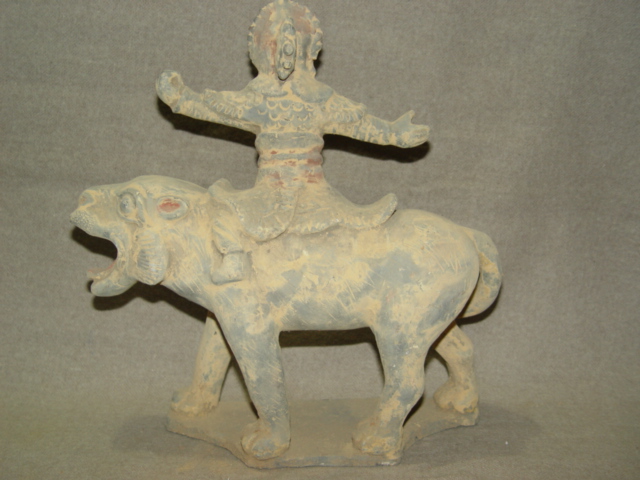
every possibility that is a possibility of manifestation must necessarily be manifested by that very fact, and that, inversely, any possibility that is not to be manifested is a possibility of non-manifestation. Continue reading

According to what you explained to me this time, it seems that you consider the words “possible” and “real” in the sense of “non-manifested” and “manifested”; if that were so, one could say that it is merely a question of terminology and that, in spite of this expressive difference, we are basically in agreement on the point in question. However, such a use of the words “possible” and “real”, in a sense much different from how we use it, does not seem to be acceptable, because the non-manifested is not only just as real, but even more real than the manifested. Continue reading
⇐ Point 5 Point 7 ⇒ There are several important issues brought in Point 6. That these are in dispute today is incredible, if, in fact, they are even noticed. Perhaps the professional politicians do know it, but are coy enough not to mention them publicly. The first is the reduction … Continue reading

There are many, she said, who would gain from the application of principles even if they are put off by abstract arguments. Continue reading
Boris Mouravieff, when teaching on polar-beings in Gnosis, references the existence of the Golden Book, an oral (if also incomplete) compilation of Jesus’ teachings to the inner circle of disciples. It is only fair to point out that (like the exoteric-esoteric paradox of Christianity itself), the idea of a written … Continue reading

What we call a normal civilization is one that is based on principles, in the true sense of this word. Continue reading

every “true man” has realized all the possibilities of the human state, but each one following a way that is congenial to him and thanks to which he differentiates himself from the others. Moreover, if it were not so, how could there be a place here, in our world, also for other beings that have not reached this level? The same thing can also be applied, at another level, for the “transcendent man” or the jivan mukta; but then it is a matter of the totality of the possibilities of all the states. Continue reading
And the independent reality of the individual, when we examine it, is in truth mere illusion. Apart from the community, what are separate men? It is the common mind within him which gives reality to the human being, and taken by himself, whatever else he is, he is no human … Continue reading
The correspondence between Rene Guenon and Julius Evola was broken after 1934 and resumed in 1948, where there was a regular and frequent correspondence between them. Letters 3 through 6 and the first several paragraphs of Letter 7 were concerned primarily with topics only of interest to authors: books in … Continue reading
⇐ Point 4 Point 6 ⇒ Although the Cold War between the USSR and USA is over, this makes Evola’s insights in this point all the more prescient. As long as communism and the Soviet Union were perceived as external enemies, the USA could sustain internally a certain amount of reaction … Continue reading